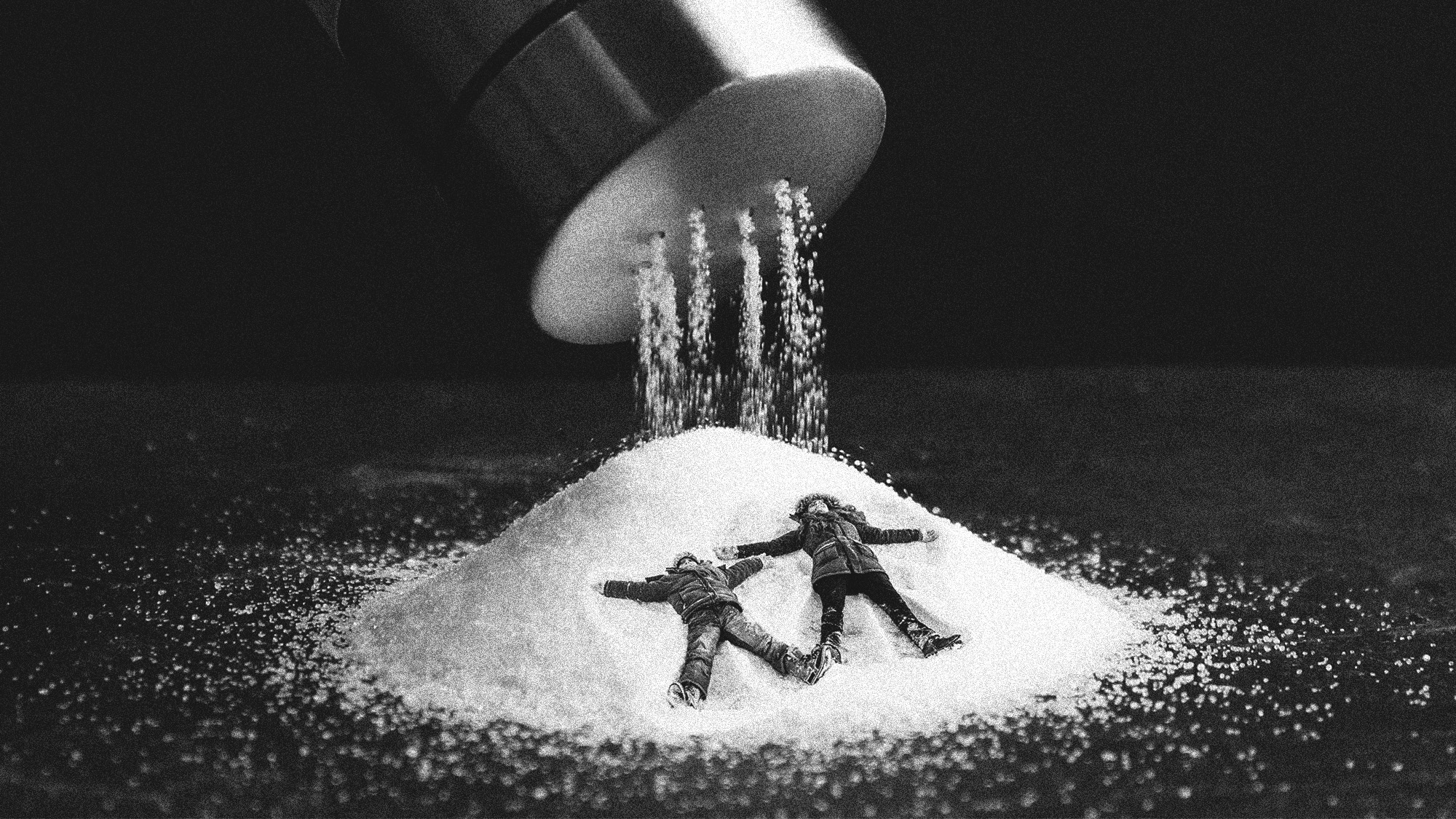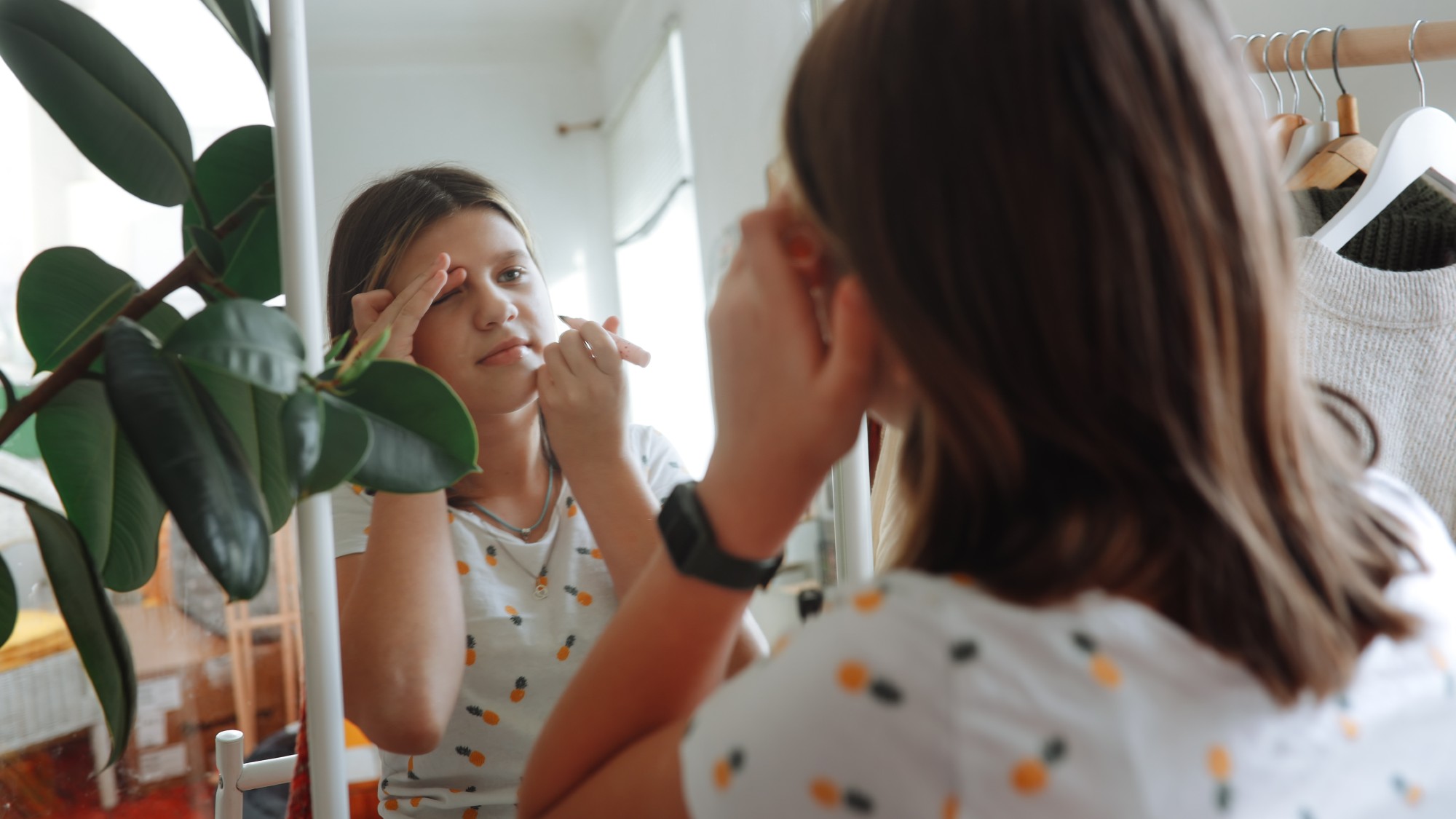Kidney stones are affecting children far more than they once did
Salt in their diets may be to blame


A free daily email with the biggest news stories of the day – and the best features from TheWeek.com
You are now subscribed
Your newsletter sign-up was successful
Kidney stones, also known as hard deposits of minerals and salts that form in the kidneys, are becoming more common in children. The condition, while not deadly, can be painful. Kidney stones are somewhat common in older adults but have only recently been appearing in younger patients and experts attribute the rise to diet.
The stones have turned
Kidney stones are an "accumulation of minerals within the urinary tract, and most are calcium-based," said the University of Michigan. They "can get in tight spaces in the urinary tract, which can obstruct the flow of urine and create stretch on the kidney." That distension "can be very painful." Kidney stones are generally common in adults, and about 11% of men and 6% of women in the United States have them at least once during their lifetime, according to the National Institutes of Health.
However, a troubling new trend has appeared. "Historically, stones were pretty much a disease of white, middle-aged men, but that's changed dramatically over the last 30 years," Gregory E. Tasian, a pediatric urologist at Children's Hospital of Philadelphia, said to The Washington Post. Now children are becoming a larger portion of kidney stone diagnoses, and there has been a "10% increase every year over the last decade or so," indicating an "epidemiologic rise," said Kate Kraft, a pediatric urologist at the University of Michigan Health C.S. Mott Children's Hospital.
The Week
Escape your echo chamber. Get the facts behind the news, plus analysis from multiple perspectives.

Sign up for The Week's Free Newsletters
From our morning news briefing to a weekly Good News Newsletter, get the best of The Week delivered directly to your inbox.
From our morning news briefing to a weekly Good News Newsletter, get the best of The Week delivered directly to your inbox.
Most often, kidney stones are passed naturally while urinating. That passing can cause sharp abdominal pain, nausea, vomiting, pinching or stinging during urination, and blood in the urine. Sometimes surgery "using shock waves to break up the calcium deposits, using a thin tube inserted through the urethra to remove the stone, or making a small incision in the back to remove or break up even larger stones," is necessary, said Daily Mail.
A salty situation
While genetics can play a part in whether someone will get kidney stones, diet and lifestyle play a large role. High-salt diets in particular seem to be the culprit. "There is so much added salt to the American diet today, and when the kidney is excreting the sodium, it pulls calcium with it and increases the risk of calcium-based stones," John S. Wiener, a pediatric urologist at Duke Health, said to the Post. In addition, approximately 75% of children aged one to 18 exceed the recommended sodium intake by Dietary Guidelines for Americans, according to the Centers for Disease Control and Prevention. Much of this comes from processed and fatty foods.
"Painful chronic conditions such as kidney stones can profoundly disrupt the lives of teenagers and children, forcing them to confront challenges unfamiliar to many of their peers," said the Post. Luckily the stones are treatable with diet changes and medical intervention. "Any child with kidney stones should be referred to a pediatric nephrologist or urologist with expertise in kidney stone disease," said David J. Sas, a pediatric nephrologist at Mayo Clinic in Rochester, Minnesota. "After any acute needs are met, a pediatric nephrologist can help ascertain the likely cause of the stones and how to manage it moving forward."
A free daily email with the biggest news stories of the day – and the best features from TheWeek.com
Devika Rao has worked as a staff writer at The Week since 2022, covering science, the environment, climate and business. She previously worked as a policy associate for a nonprofit organization advocating for environmental action from a business perspective.
-
 ‘This is something that happens all too often’
‘This is something that happens all too often’Instant Opinion Opinion, comment and editorials of the day
-
 House votes to end Trump’s Canada tariffs
House votes to end Trump’s Canada tariffsSpeed Read Six Republicans joined with Democrats to repeal the president’s tariffs
-
 Bondi, Democrats clash over Epstein in hearing
Bondi, Democrats clash over Epstein in hearingSpeed Read Attorney General Pam Bondi ignored survivors of convicted sex offender Jeffrey Epstein and demanded that Democrats apologize to Trump
-
 Scientists are worried about amoebas
Scientists are worried about amoebasUnder the radar Small and very mighty
-
 Metal-based compounds may be the future of antibiotics
Metal-based compounds may be the future of antibioticsUnder the radar Robots can help develop them
-
 A Nipah virus outbreak in India has brought back Covid-era surveillance
A Nipah virus outbreak in India has brought back Covid-era surveillanceUnder the radar The disease can spread through animals and humans
-
 Trump HHS slashes advised child vaccinations
Trump HHS slashes advised child vaccinationsSpeed Read In a widely condemned move, the CDC will now recommend that children get vaccinated against 11 communicable diseases, not 17
-
 Deaths of children under 5 have gone up for the first time this century
Deaths of children under 5 have gone up for the first time this centuryUnder the radar Poor funding is the culprit
-
 A fentanyl vaccine may be on the horizon
A fentanyl vaccine may be on the horizonUnder the radar Taking a serious jab at the opioid epidemic
-
 Health: Will Kennedy dismantle U.S. immunization policy?
Health: Will Kennedy dismantle U.S. immunization policy?Feature ‘America’s vaccine playbook is being rewritten by people who don’t believe in them’
-
 The expanding world of child skincare
The expanding world of child skincareUnder the Radar Beauty line for kids as young as three sparks ‘rage’
